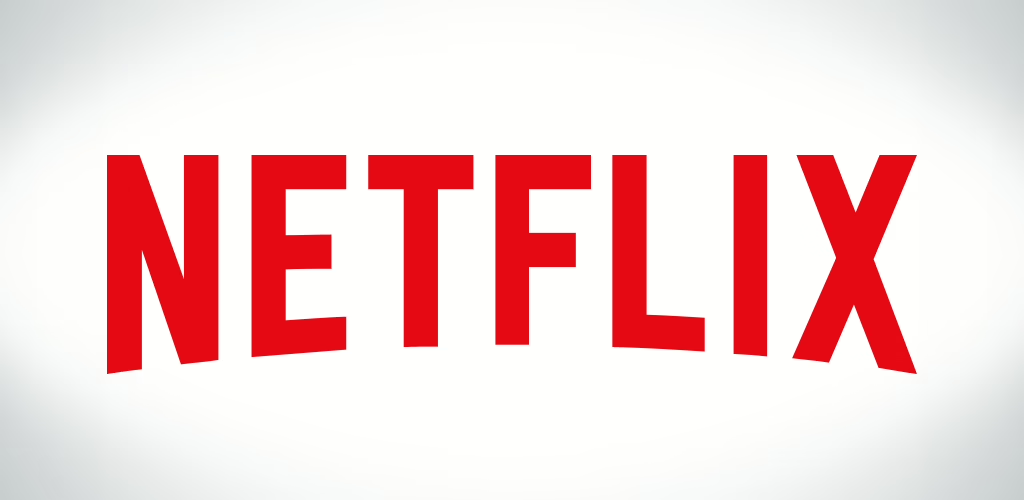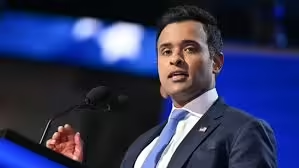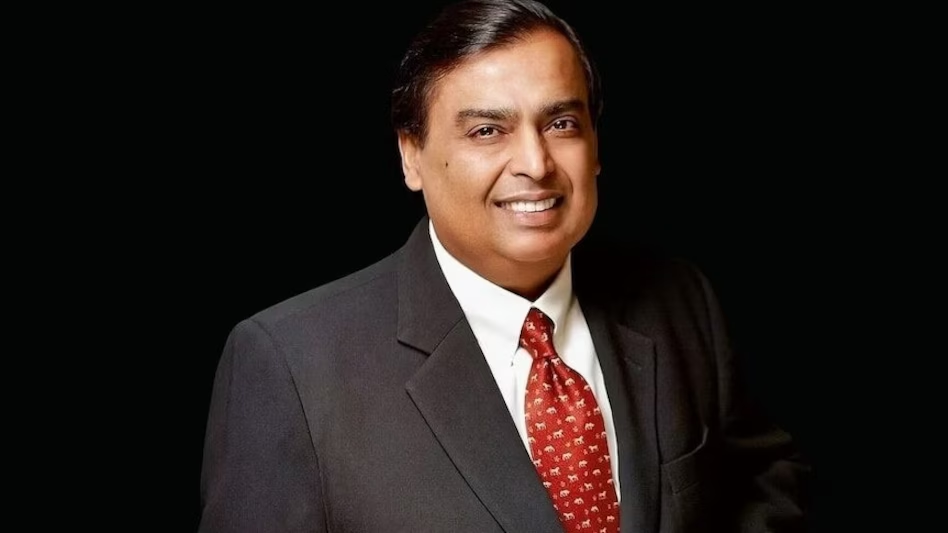
Musk’s Unprecedented Remarks
Elon Musk has entered a heated debate with Indian billionaires Mukesh Ambani and Sunil Bharti Mittal regarding the allocation of satellite spectrum for wireless communication. Musk labeled their call for auctioning these airwaves as “unprecedented,” asserting that it deviates from global norms.
The Call for Auction
Mukesh Ambani’s Reliance Jio and Sunil Bharti Mittal have been vocal advocates for auctioning satellite spectrum, arguing that it would create a level playing field for legacy operators who invest in telecom infrastructure. Ambani’s stance emphasizes the need for fairness among telecom companies that have traditionally purchased airwaves.
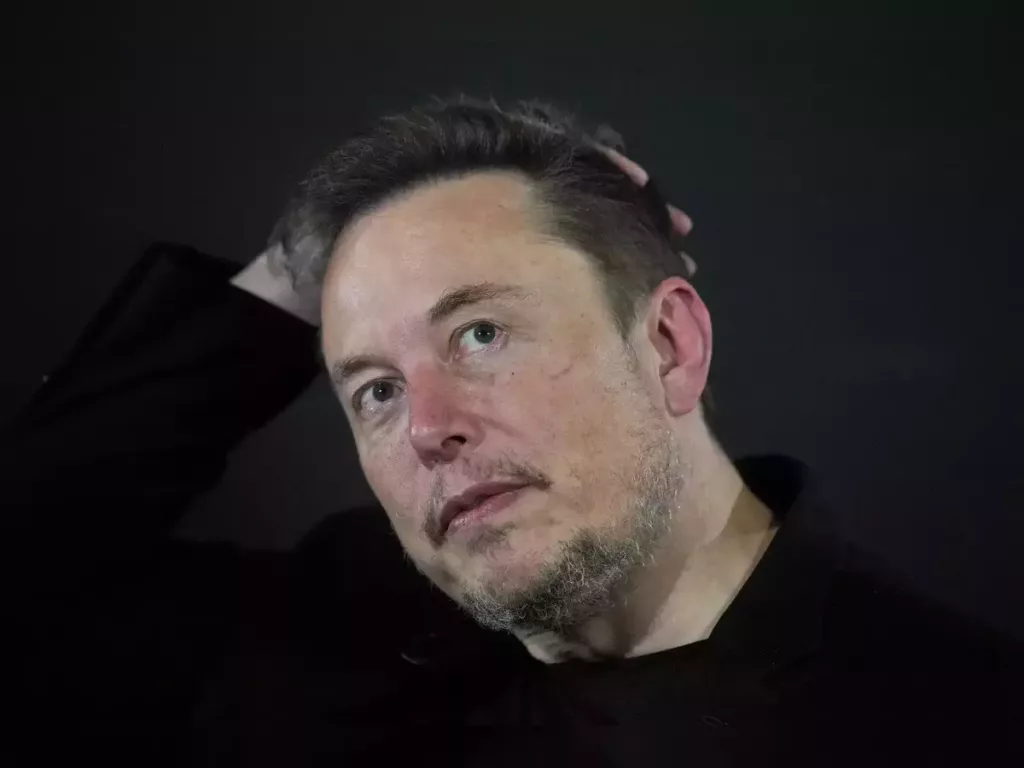
Starlink’s Demand for Administrative Allotment
In contrast, Musk’s Starlink seeks an administrative allocation of licenses, aligning with global practices. Telecom Minister Jyotiraditya Scindia supported this approach, indicating that satellite spectrum would be allocated administratively, as outlined in the Telecom Act of 2023.
Minister’s Assurance on Pricing
Minister Scindia reassured that while the spectrum would be allocated administratively, it would not be without cost. The pricing formula will be determined by the Telecom Regulatory Authority of India (Trai), which has the authority to decide on the costs associated with spectrum allocation.
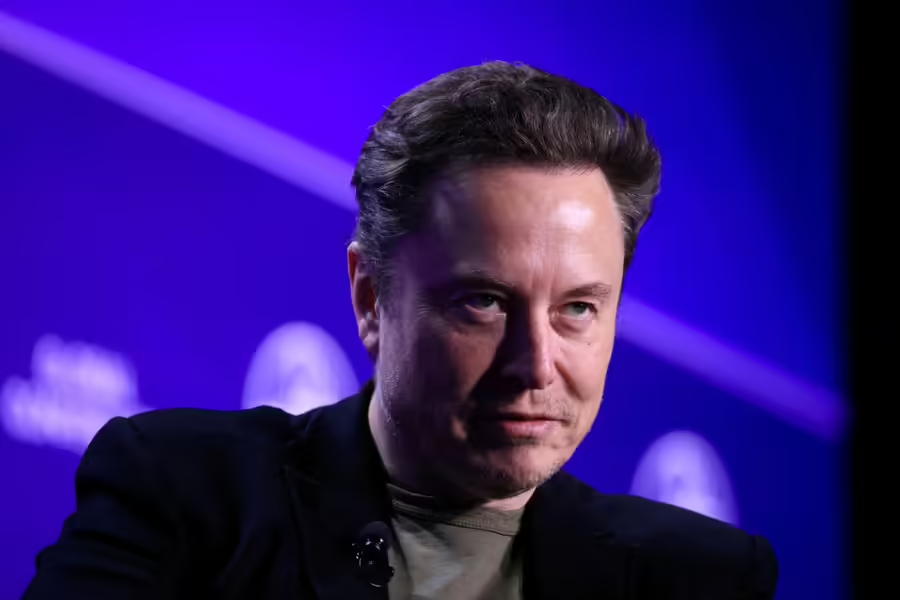
Global Context of Spectrum Allocation
Scindia pointed out that administrative allocation of satellite spectrum is standard practice worldwide. He argued that opting for an auction would be inconsistent with global trends, emphasizing the shared nature of satellite spectrum and questioning the feasibility of individual pricing.
Musk’s Direct Criticism
Musk has openly challenged the calls for an auction made by Jio and Mittal. At a recent conference, Mittal insisted that satellite service providers should adhere to the same licensing and spectrum purchasing requirements as traditional telecom companies. Musk responded on social media, inquiring whether it would be too burdensome to allow Starlink to compete in the Indian market.
The Regulatory Landscape
Ambani’s Reliance Jio previously urged the government to reissue Trai’s consultation paper to ensure fairness in the competition between satellite and terrestrial communication services. Musk responded, reinforcing his position that the spectrum should remain designated as shared for satellite use, in line with guidelines from the International Telecommunication Union (ITU).
Airtel’s Position
Bharti Airtel has reiterated its commitment to integrating satellite communication technologies to enhance broadband coverage across India. The company has partnered with Eutelsat OneWeb to provide satellite services, having already established ground stations in Gujarat and Tamil Nadu.
Conclusion
The ongoing discourse between Musk and Indian business leaders underscores the complexities surrounding satellite spectrum allocation and the evolving landscape of communication technology. As both sides present their arguments, the outcome will significantly impact the future of satellite internet services in India.

